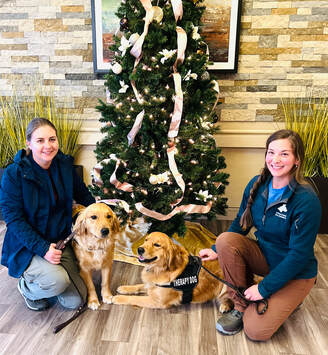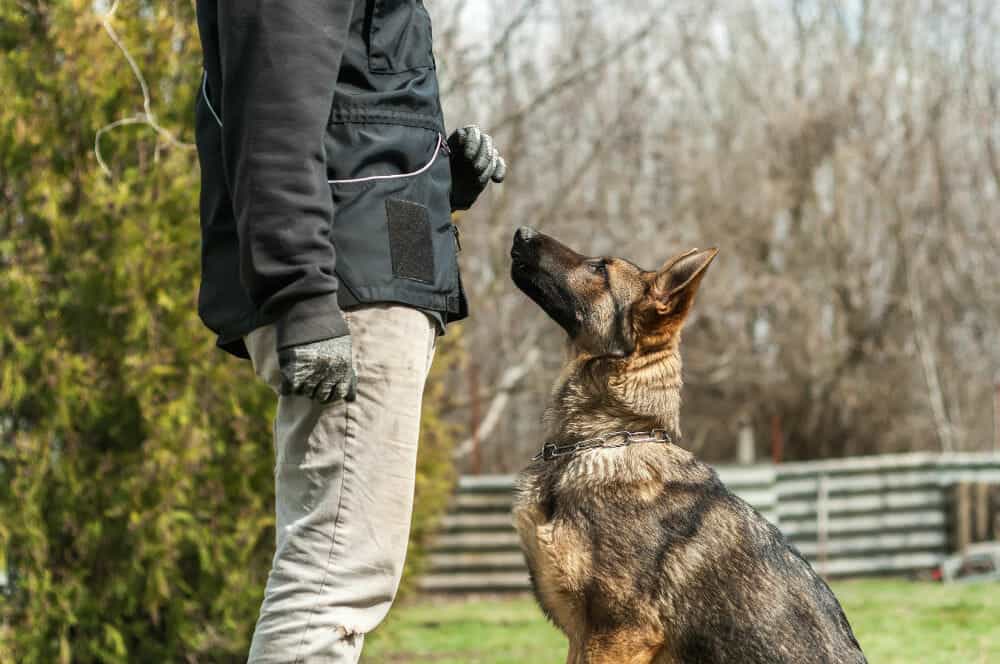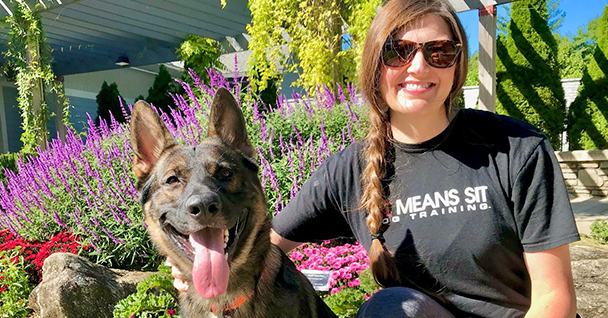Change Your Family Pet with These Specialist Dog Training Tips
Change Your Family Pet with These Specialist Dog Training Tips
Blog Article
Important Tips for Successful Dog Training: A Guide for Pet Dog Owners
Effective dog training is a multifaceted process that calls for a tactical technique customized to both the family pet's personality and the owner's goals. Secret parts such as developing regular commands, using favorable support, and helping with very early socialization play important duties in promoting a well-adjusted canine friend. Several pet dog owners encounter challenges that can impede progress, leading to aggravation and unpredictability. Understanding how to browse these barriers can substantially improve the training experience, eventually changing the relationship in between proprietor and dog. What are the vital methods that can be used to ensure success in this venture?
Understanding Dog Behavior
Understanding pet dog actions is vital for reliable training and promoting a harmonious partnership between canines and their proprietors. dog training. Pets interact primarily with body language, articulations, and activities, making it essential for owners to interpret these signals properly.

Socialization plays a substantial function in canine behavior; direct exposure to various settings, people, and various other animals can substantially influence a canine's personality. Variables such as breed features and private temperament should guide training methods, as some types may have details behavior qualities that demand customized techniques. By comprehending these components, owners can create a helpful setting that encourages favorable actions, resulting in effective training results and a deeper bond with their pets.
Developing Constant Commands
Reliable interaction with your canine begins with establishing constant commands. This fundamental aspect of training is essential for fostering understanding in between you and your family pet. Uniformity in the commands you utilize makes sure that your pet can reliably connect particular words or expressions with the desired habits.
When picking commands, choose clear, unique words that are simple to state and separate from each other. Avoid making use of similar-sounding commands that may puzzle your dog. For instance, using "rest" and "remain" is appropriate, however "rest" and "struck" could result in misconceptions.
In addition, keep the same tone and quantity for each and every command. Pet dogs are delicate to vocal signs, so differing your tone can develop complication.
It is similarly important to guarantee that all relative get on the exact same page pertaining to the commands made use of. A united front in command usage will certainly prevent mixed signals and strengthen the discovering process.
Favorable Reinforcement Strategies
The power of favorable reinforcement in pet dog training hinges on its ability to motivate wanted behaviors with incentives and appreciation. This technique is grounded in the principle that habits adhered to by favorable end results are more most likely to be repeated. By including positive support right into your training routine, you can properly form your canine's behavior in a useful way.
To more helpful hints execute favorable reinforcement, it's important to recognize what inspires your pet, whether it be treats, toys, read what he said or verbal praise. When your dog executes a wanted action, such as remaining on command, immediately reward them with a treat or affection. This association between the command and the favorable result enhances their understanding.
It's vital to timing the rewards properly; delivering the reinforcement within secs of the wanted behavior helps your dog make the link (dog training). Additionally, consistency is crucial-- make certain that all family participants make use of the same commands and incentive systems to stay clear of complication

Slowly, you can reduce the regularity of treats as your canine finds out the actions, transitioning to commend or periodic benefits. This method not only cultivates a strong bond in between you and your pet however likewise advertises a favorable learning atmosphere, making training a pleasurable experience for both.
Socialization and Interaction
Constantly revealing your canine to a selection of environments, individuals, and other animals is important for their social growth. Socializing ought to begin early, preferably during the essential window of 3 to 14 weeks, when puppies are most receptive to brand-new experiences. Older pet dogs can also benefit from continuous socializing initiatives.
Introduce your canine to different settings, such as parks, pet-friendly shops, and urban locations. This direct exposure aids them adjust to numerous stimulations, minimizing anxiousness and worry reactions. Motivate positive interactions with other canines and people, making sure that these encounters are regulated and safe to promote self-confidence.
Make use of structured playdates with courteous pets, as this can enhance your canine's social skills and teach them appropriate actions. Obedience courses and training sessions likewise provide excellent chances for socializing, enabling your dog to connect with others in a monitored atmosphere.
Screen your pet's body language during communications, as this will assist you gauge their convenience level. Gradually boost published here direct exposure to more difficult scenarios while making sure that each experience declares. A well-socialized pet dog is more probable to exhibit well balanced actions, making them a joy to have in any setting.
Dealing With Typical Training Obstacles
Every pet proprietor will certainly run into training challenges eventually, regardless of their canine's age or socialization degree. Determining common problems such as stubbornness, diversions, and fearfulness can assist in creating effective methods for renovation.

Slowly introduce interruptions as the dog becomes much more skillful in commands. Short, constant training sessions are additionally reliable in preserving focus.
Terror can prevent a pet dog's knowing procedure. Steady desensitization to the source of concern, coupled with favorable reinforcement, can assist reduce anxiety. Persistence is crucial; never ever force a dog into a circumstance that creates distress, as this might intensify the problem.
Inevitably, understanding and attending to these usual obstacles with a structured approach will certainly cultivate a more productive training experience, enhancing the bond in between pet dog and owner while advertising effective understanding.
Conclusion
In recap, effective pet training relies upon a detailed understanding of canine actions, the establishment of constant commands, and the application of favorable support techniques. Socialization plays an essential duty in establishing well-adjusted pets, while addressing typical training obstacles requires persistence and versatility. By implementing these crucial techniques, pet owners can promote a strong bond with their pet dogs and advertise desirable habits, inevitably bring about a harmonious relationship between humans and their canine friends.
Recognizing pet actions is necessary for reliable training and fostering an unified partnership in between pooches and their proprietors.Socialization plays a significant duty in pet habits; exposure to different environments, people, and various other animals can considerably impact a pet dog's personality.The power of positive support in canine training exists in its capacity to urge wanted behaviors with rewards and appreciation. By incorporating favorable support into your training routine, you can effectively shape your dog's habits in a positive manner.
In recap, effective canine training depends on a thorough understanding of canine actions, the facility of constant commands, and the application of favorable reinforcement techniques.
Report this page